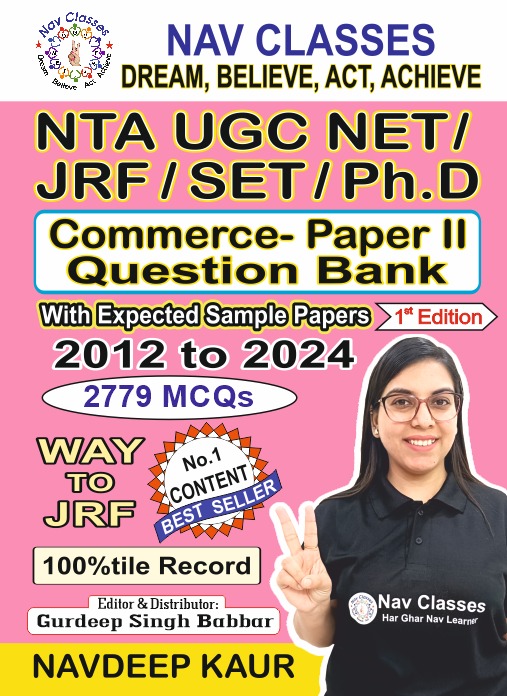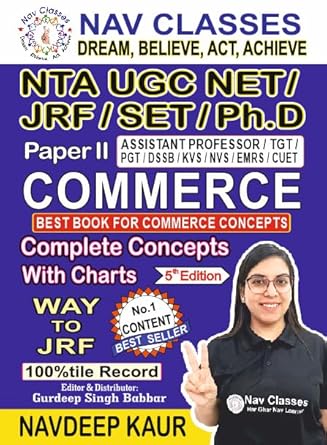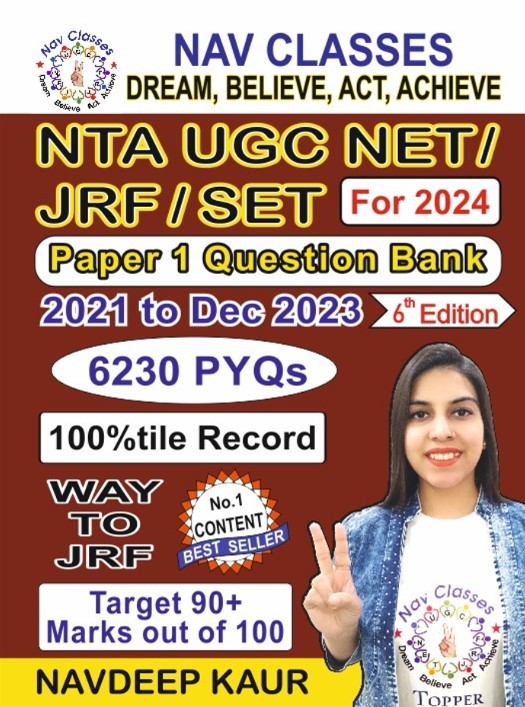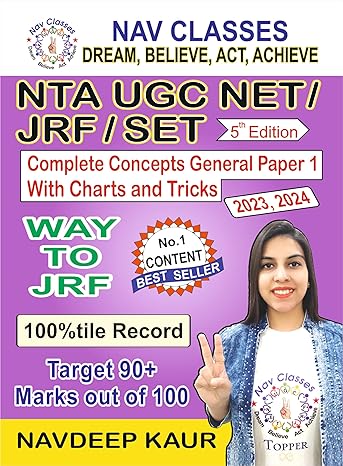1.10th schedule of the Constitution was added by which amendment of the constitution?
[A] 24th Amendment Act
[B] 52nd Amendment Act
[C] 61st Amendment Act
[D] 85th Amendment Act
SHOW ANSWER
Explanation: Fifty-Second Amendment Act, 1985 is popularly known as Anti-Defection Law. It provided for disqualification of members of Parliament and state legislatures on the ground of defection and added a new Tenth Schedule containing the details in this regard. The amendment was done by Rajiv Gandhi Government. ©navclasses
2.In terms of Parliamentary terminology, What do we call a rule of legislative procedure under which a further debate on a motion can be stopped?
[A] Closure
[B] Gullitone
[C] Expunction
[D] Recess
SHOW ANSWER
Explanation: Closure is one of the means by which a debate may be brought to an end by a majority decision of the House, even though all Members wishing to speak have not done so. Guillotine refers to putting by the Speaker of outstanding question or questions relating to the business in hand on expiry of the time allotted for its discussion. While closure is preceded by a motion, guillotine is not preceded by any motion. On the last of the allotted days at the appointed time, the Speaker puts every question necessary to dispose of all the outstanding matters in connection with the demands for grants. During budget, guillotine concludes the discussion on demands for grants. ©navclasses
3.Who among the following is the Supreme Commander of Indian armed forces ?
[A] President of India
[B] Vice President of India
[C] Prime Minister of India
[D] Defense Minister of India
SHOW ANSWER
Explanation: India’s president is head of the Indian state, first citizen of India and supreme commander of the Indian armed forces. ©navclasses
4.Which among the following is the basis of representation in Rajya Sabha for States?
[A] Area
[B] Population
[C] Both A & B
[D] Neither A nor B
SHOW ANSWER
Explanation: Allocation of seats in Rajya Sabha is listed in Fourth Schedule of the Constitution. The seats are allocated to each state mainly on the basis of its population. ©navclasses
5.The East India Company was deprived of monopoly of trade with India except Tea Trade by which among the following acts?
[A] The Charter Act of 1813
[B] The Charter Act of 1833
[C] The Charter Act of 1853
[D] Government of India Act 1858
SHOW ANSWER
Explanation: Charter act of 1813 ended the monopoly of the East India Company in India, however the company’s monopoly in trade with china and trade in tea with India was kept intact. Thus, trade with India for all commodities except Tea was thrown open to all British subjects. This lasted till 1833 when the next charter abolished the trade of the company. ©navclasses
6.The “Bill of Rights” and “Judicial Review” are features of which of the following countries constitution?
[A] USA
[B] UK
[C] Germany
[D] Australia
SHOW ANSWER
Explanation: The “Bill of rights” and “Judicial Review” are features of constitution of United States. ©navclasses
7.Who among the following presidents of India was the first Chief Minister of Modern states in India?
[A] Dr. Shankar Dayal Sharma
[B] Neelam Sanjeeva Reddy
[C] Dr. Rajendra Prasad
[D] Dr. BD Jatti
SHOW ANSWER
Explanation: Neelam Sanjeeva Reddy was the first Chief Minister of Andhra Pradesh when the state was formed in 1956. ©navclasses
8.Which among the following presidents of India represented India in UNESCO once in his lifetime?
[A] Dr. Shankar Dayal Sharma
[B] Dr. Rajendra Prasad
[C] Dr. S Radhakrishnan
[D] Giani Jail Singh
SHOW ANSWER
Explanation: Dr. Sarvepalli Radhakrishnan represented India at UNESCO in 1947. ©navclasses
9.Which of the following presidents of India headed the Indian Society of Labour Economics (ISLE) founded in 1957 ?
[A] Fakhruddin Ali Ahmed
[B] V. V. Giri
[C] Zakir Hussain
[D] BD Jatti
SHOW ANSWER
Explanation: Indian Society of Labour Economics was founded in 1957 by a distinguished group of academicians and public men engaged in promoting the study of labour and industrial relations. The group was headed by the ex-President of India Shri V.V. Giri and comprised of some of the biggest names in academia. ©navclasses
10.Who among the following is not a member of the committee which recommends the president of India regarding appointments of Chairperson and members of the National Human Rights Commission?
[A] Speaker of Lok Sabha
[B] Union Home Minister
[C] Leader of Opposition in Lok Sabha
[D] Union Law Minister
SHOW ANSWER
Explanation: The appointment committee consists of Prime Minister as Chairperson, Speaker of the Lok Sabha, Home Minister, leader of Opposition in Lok Sabha, leader of opposition in Rajya Sabha & Deputy chairman of Rajya Sabha. ©navclasses






